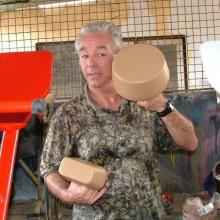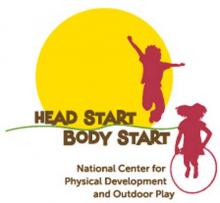International Playground Safety Institute

The International Playground Safety Institute (IPSI) is a Limited Liability Company (LLC) incorporated in the State of Oregon. They are committed to the rights of children worldwide to play safely when using public parks and playgrounds. They have contracted with the National Recreation and Park Association (NRPA) to conduct the Certified Playground Safety Inspector (CPSI) Course and the National Certification Examination.










